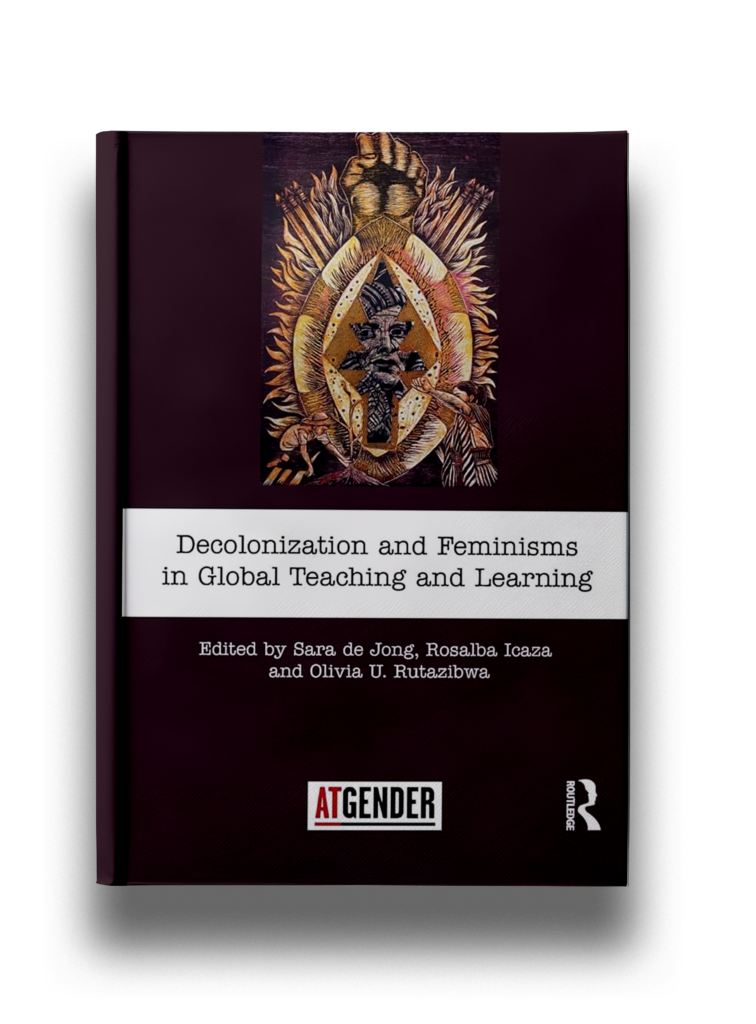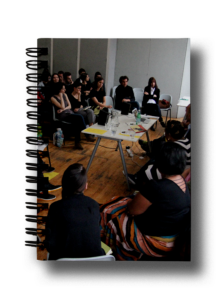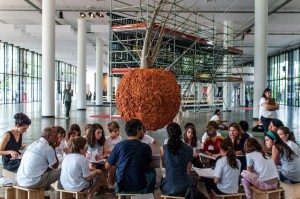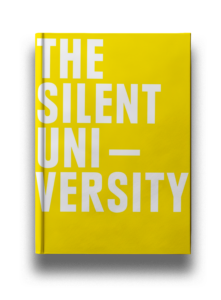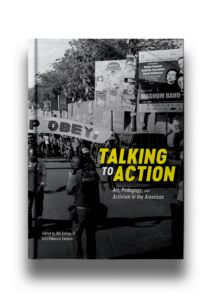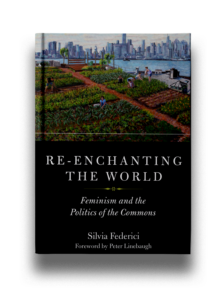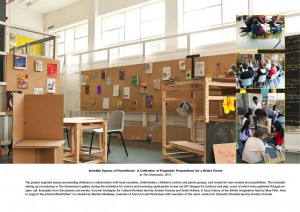Year
2018
Publisher
Routledge
Author
Sara Jong
Rosalba Icaza
Olivia U. Rutazibwa
Annotation
‘The classroom remains the most radical space of possibility in the academy’, bell hooks affirmed in Teaching to Transgress: Education as the Practice of Freedom (1994). The collection of essays in Decolonization and Feminisms in Global Teaching and Learning definitively call for the creation of radical and liberating spaces in the academy and beyond. The decolonisation of universities has to go through the re-examination of how knowledge is produced and taught. It is only strengthened when connected to feminist thought and critical queer and gender perspectives open to its own decolonisation. Another precious resource are the manifestos related to ongoing political struggles that are interspersed between the chapters. Drawn up by activists around the globe, they generate a strong relationship between political action and reflection in praxis.
Judith Wielander
Since the political struggles that feminist and decolonial thought emerges from cannot be fixed in interdisciplinary boxes, they have both embraced trans-and interdisciplinary modes of engagement. As Trinh Minha states, interdiscipliarity is not a simple adding of different disciplines together, but instead 'it is to create in sharing a field, that belongs to no one, not even those who create it (1991) and, in so doing, it questions the notions of specialisation, expertise, professionalism, and discipline. The academy is considered a site, which can nourish but also stifle critical thought and reproduce dominant frameworks as well as colonial patriarchal oppressions'.
The horizon of possibilities that are imposed on us female academics from the 'South' and 'educated' by the academia of core countries in the geo-politics of knowledge… Condemned to deny our origin in relationship to those "other" woman, for many of us to be desraizada (unrooted) became a sign of emancipation and freedom.
